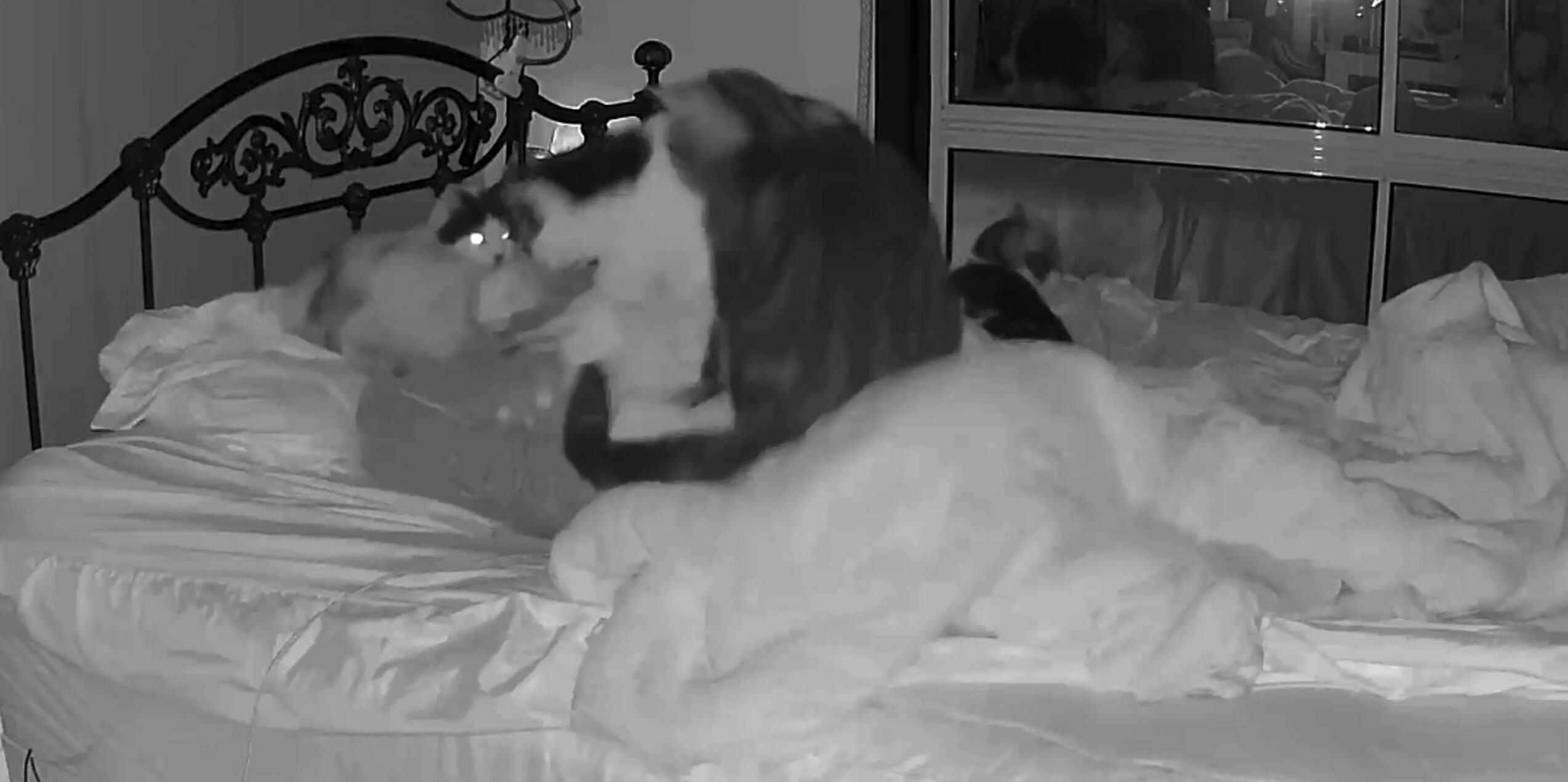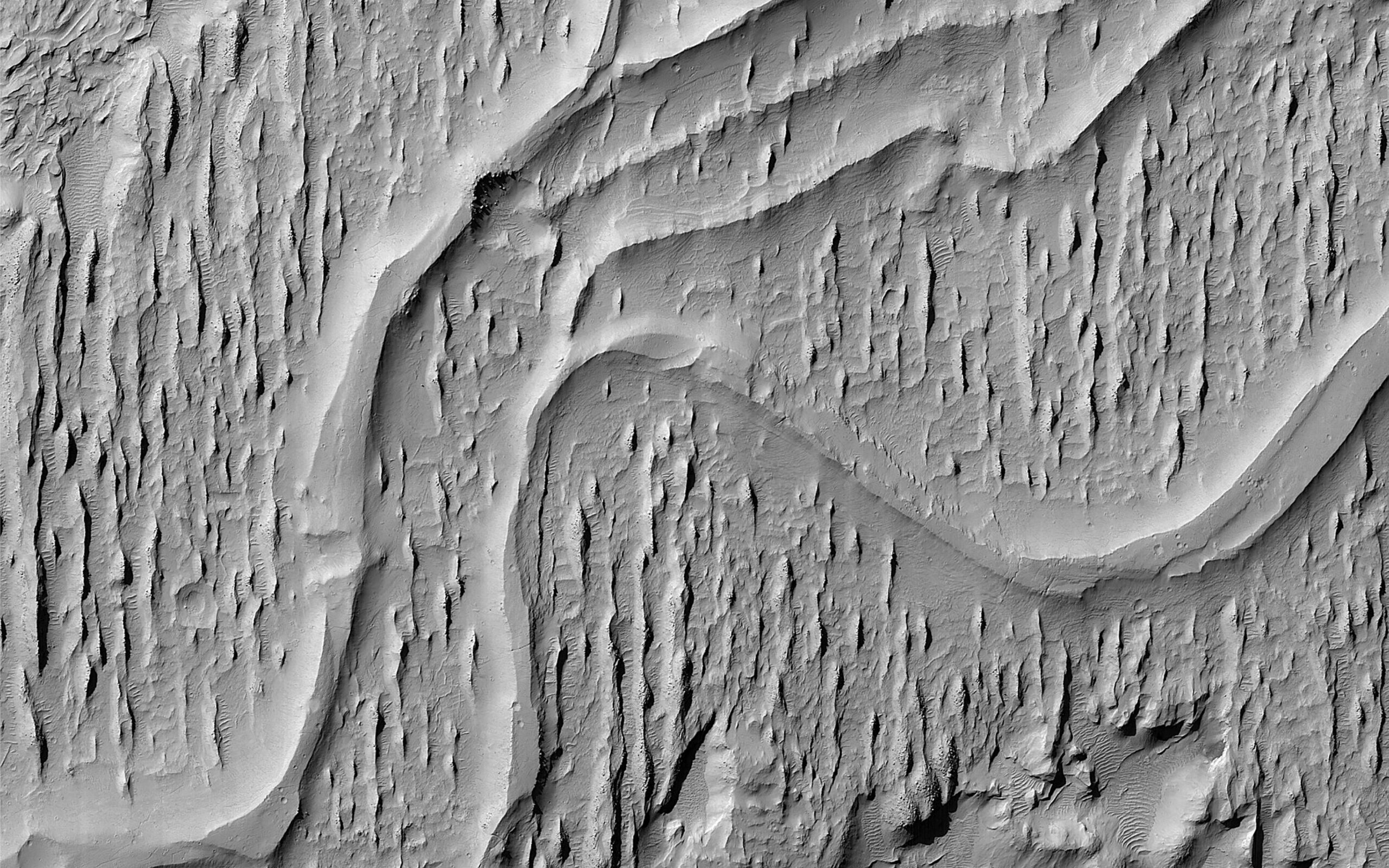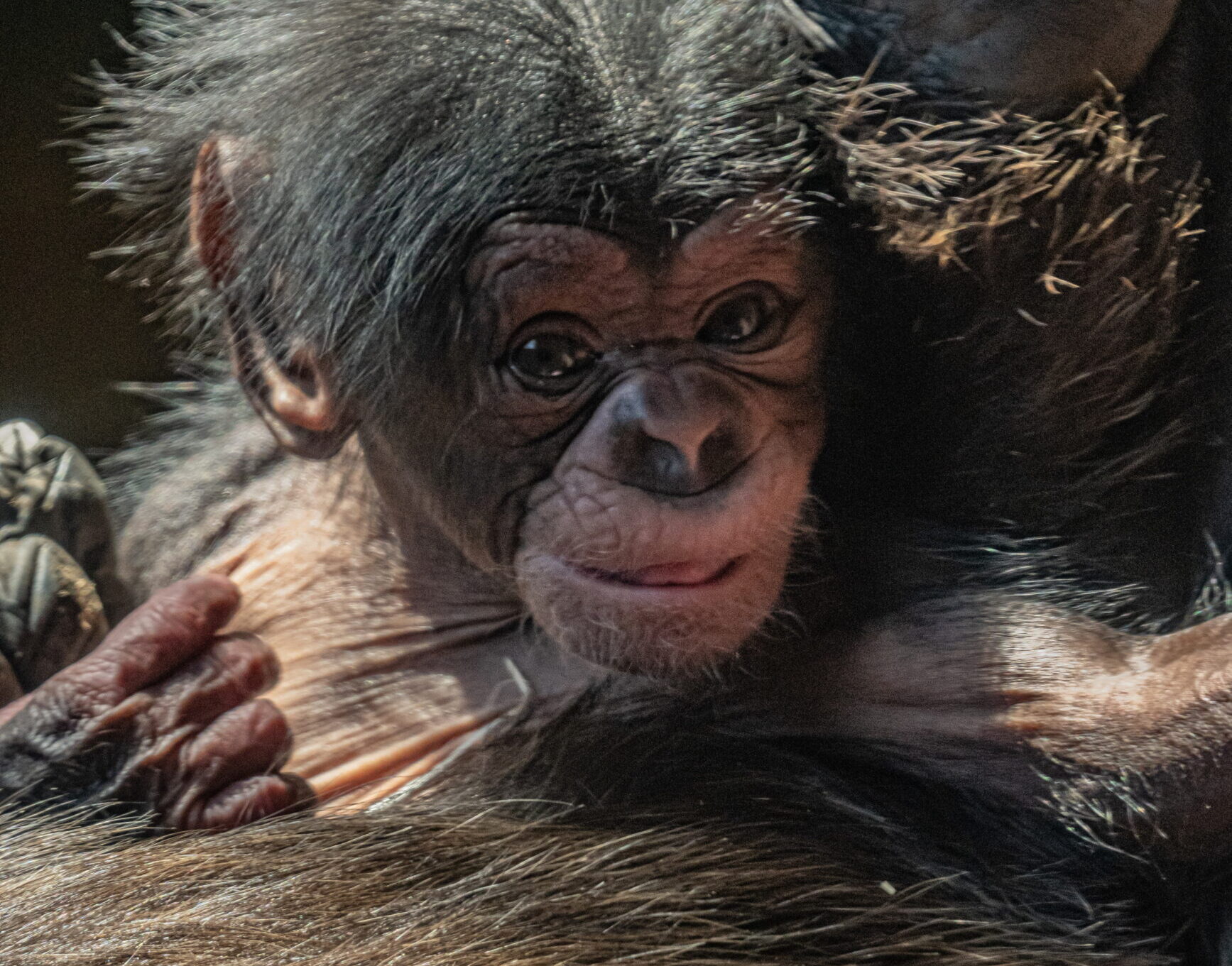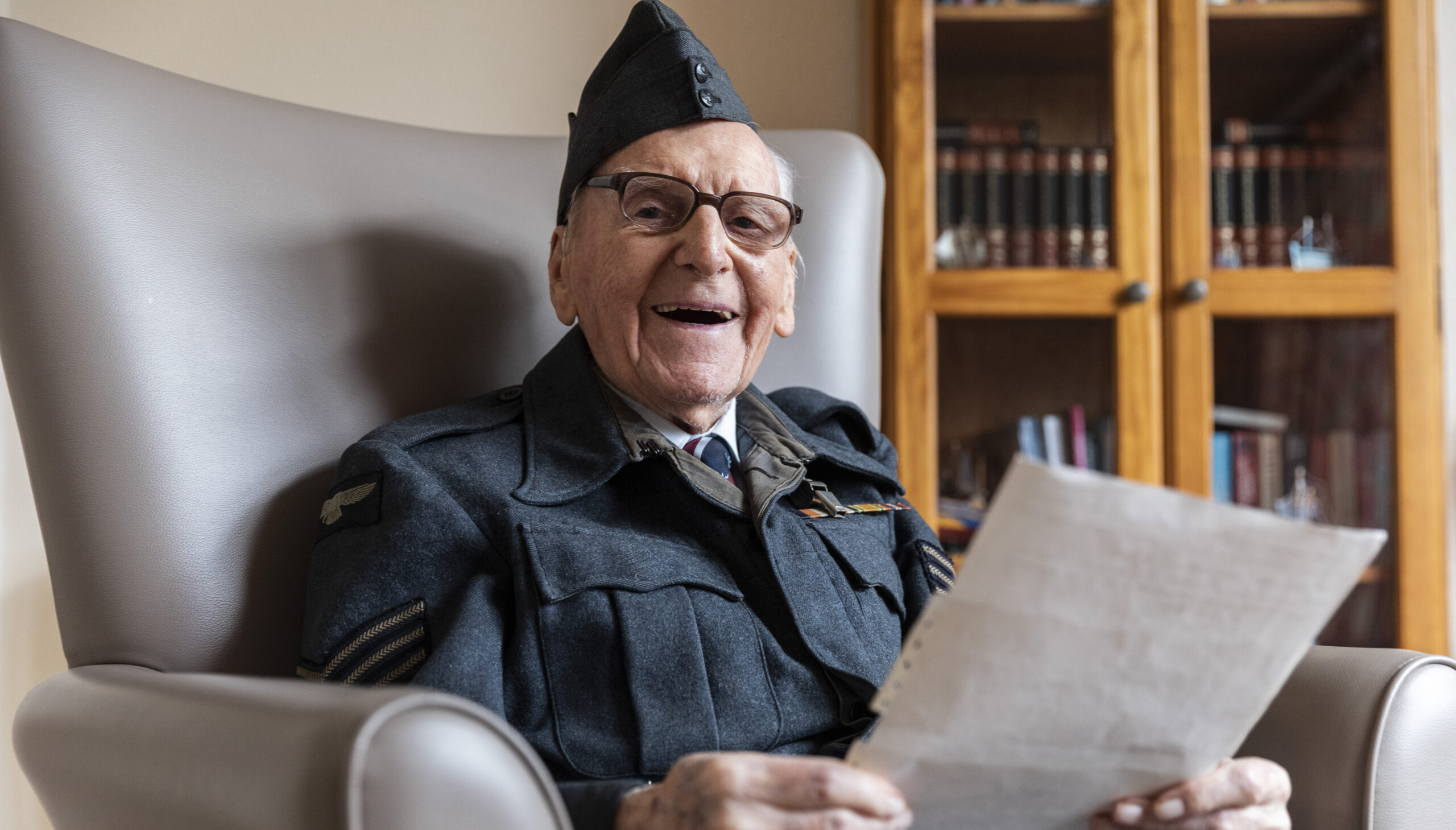Worried cats huddle around owner after she falls into deep sleep
By Leo Black
This is the moment worried pet cats huddled around their owner for hours after noticing her breathing become shallow in her sleep.
Romina Tomaino, 45, suffers from insomnia and gets little to no sleep, sometimes for days.
When Romina went to sleep on December 21, after several days without sleep, her six moggies noticed her breathing and laid on her chest for hours.
Romina, of Melbourne, Queensland, Australia, said: "I go days without sleeping and then crash into really deep sleep which is what happened here.
"It's so bad that if I wake up and do things then go back to sleep I won't remember doing it."
Milo was the first to notice and came over to make sure everything was alright.


The rest of the cats then followed - Bella, Prince, Baby Tiger and Chloe.
They all and stayed around Romina from 4:00am to 6:00am when she woke up.
Romina only noticed what had happened when she woke up to find her cat all around her.
A video shows the cats gathered around her and Milo lying on her chest as she sleeps, checking her breathing, Romina says.

Romina said: "I only noticed when I woke up and checked the video. I thought 'Wow, I'm so blessed to have these amazing cats.
"When I woke up they were still there all sleeping around me. I was confused.
"It's very rare to find them all there when I wake up so I got up, fed them and watched the video with breakfast.
"I thought they had heard a noise but when I realised what it was I cried happy tears."
This is Premium Licensed Content. Would you like to publish this article? Please contact our licensing team.
Incredible new image shows evidence of flowing rivers on Mars
By Dean Murray
An incredible new image shows evidence of flowing rivers on Mars.
The picture were taken by the Mars Reconnaissance Orbiter (MRO) as it searches for signs of water and ice.
NASA says the image of ridges in Aeolis Planum tells "a story of ancient rivers and a Red Planet very different to that of today".
The MRO typically flies at an altitude of about 250 to 316 kilometres (155 to 196 miles) above the planet's surface, allowing it to capture intricate detail.

The space agency explain: "These ridges show the location of the old river beds in Mars' distant past.
"River beds often get filled with gravel and the surrounding terrain is often built up of fine-grained mud from river overflows. The gravely river bottom and the fine-grained surroundings can lead to a strange phenomenon that geologists call inverted channels.
"After the river disappears, the fine-grained surroundings can be easily eroded away leaving the gravely river bed as a high-standing ridge.
"The angle at which the ridges join together indicate that these rivers flowed from top-right to bottom-left."
The image was captured by the High Resolution Imaging Science Experiment (HiRISE) camera on MRO, and was catalogued by NASA on 31 January 2024. The University of Arizona, in Tucson, operates HiRISE.

The MRO is a spacecraft designed to search for the existence of water on Mars and provide support for missions to Mars, as part of NASA's Mars Exploration Program.
It was launched from Cape Canaveral in August 2005 and reached Mars in March 2006.
This is Premium Licensed Content. Would you like to publish this article? Please contact our licensing team.
Rare new-born baby chimpanzee clings to his adoring mum
By Adam Dutton
A rare baby chimpanzee clings to his adoring mother after being born in front of astonished visitors at Chester Zoo.
The new male infant was born to mum Alice following an eight-month pregnancy.
Zookeepers said the birth of the male was "vitally important for the future of the species".
Pictures and video show the tiny newborn being carefully cradled by mum and other female relatives in the 22-strong group.
Mike Jordan, animal and plant director, said: “A new birth always sparks some real excitement within the chimpanzee group here at Chester.
“While Alice and her new baby are certainly centre of attention among the other chimpanzees they’re still finding some quiet time to get to know one another and can often be seen cuddled up together.
“What’s also great to see is that some of the others in the group, especially the younger females, are really intrigued by the new baby and are learning all about motherhood from Alice.
“This is an important learning curve for them and this experience can be really useful for when they hopefully go on to have babies of their own.
“A thriving conservation breeding programme is key to the long-term protection of these animals.”


Chimpanzees are nearing extinction in many countries, due to deforestation and commercial hunting for bushmeat.
The chimpanzees at Chester Zoo are part of an international conservation breeding programme in a bid to boost their numbers.


Mr Jordan added: “For nearly 30 years our teams have worked on the ground in Uganda, Nigeria and Gabon in Africa, working hand in hand with wildlife authorities, in-country partners and local communities in an effort protect some of the world’s rarest wild chimpanzee populations and their forest homes.
“These collective efforts, paired with the conservation breeding programme in zoos, gives us hope that we can create a future where chimpanzees thrive long into the future.”
Human-related activities such as the illegal wildlife trade and poaching have severely impacted chimpanzee populations in Africa.
Deforestation, driven by agricultural expansion and logging, has significantly reduced their natural habitats.
D-Day veteran with note revealing end of WWII vows to keep it in family
By Douglas Whitbread
A D-Day hero who found out the Second World War in Europe was going to end 48 hours before the rest of the world has vowed to keep the historic letter in his family.
Bernard Morgan was working as an RAF codebreaker in 1945 when he deciphered a secret telex that read: “The German war is now over… The surrender is effective some time tomorrow”.
And the ex-serviceman, who celebrates his 100th birthday tomorrow (Wednesday), has vowed that the important telex will pass to his family when he dies.
Ahead of his birthday, the great-grandad read out the note - dressed in the uniform he wore on D-day - to remind others of the liberties they had won in the victory.
But the Royal British Legion Ambassador (RBL) refuses to give museums the original, instead insisting it will stay in his family when he dies.
Bernard, who was the youngest RAF sergeant to land in Normandy in June 1944, said: “I am always keen for the younger generation to know exactly what went on during the War and to appreciate the sacrifice that our lads made so that we can enjoy the freedoms we have today.
“The Imperial War Museum in London and in Manchester both wanted the original copy - they weren’t interested in a photocopy - but I’m keeping it for my family."
Bernard, of Crewe, Cheshire, landed on Gold Beach at 6.30 pm on D-Day, 6 June 1944, aged 20, after he had joined the RAF on his birthday two years earlier.

He was stationed in Schneverdingen, Germany, when he got the message on around May 6, 1945, declaring that the war in Europe was ending via his Typex machine.
The note stated: "The German War is now over. At Rheims last night the instrument of surrender was signed which in effect is a surrender of all personnel of the German forces - all equipment and shipping and all machinery in Germany.
"Nothing will be destroyed anywhere. The surrender is effective some time tomorrow. This news will not be communicated to anyone outside the service nor to members of the press."
Following the news, Bernard had a big party with his close comrades - lighting a huge bonfire and celebrating into the night while being careful not to give the game away.
He kept both the note and his role in the war hidden for 50 years due to secrecy documents he had signed, which finally elapsed in 1994.

He said of receiving the note: “It was a surprise. We couldn’t tell anybody until we got the final message to say the war in Germany was now over.
“We had to decode it - it was in code. It was great when we got that. I was in a little place called Schneverdingen, Germany, near Hamburg.
“It was nice to see that no more soldiers, sailors or airmen were giving their lives… and also to thank the civilians who gave their lives for the same reason.
“My parents thought the war was like the First World War, ankle-deep in mud, and they never asked what I did in the Air Force.
"Being their only child, they were so glad to see me come home.”
Bernard said despite his glee at the end of the conflict, sharing the note with others also made him reflect on those who had died during the fighting.
He added: “On occasions like this, I always think about the three wireless operators that I lost in Normandy. They were the lads bringing me the messages.
“One of them was 19 and two of them were 20, and whenever I go to Normandy, I always go to their graves."

After the War, Bernard worked on the railways and at Crewe Alexandra where he was a turnstile operator for 57 years.
The widower, who was married for 51 years before his wife's death, is planning to return to Normandy with the RBL to mark the 80th anniversary of D-day in June.
His daughter Sheila said: “We are incredibly proud of Dad, and it is wonderful that so many people want to share his special day.
"He will always be a war hero but he is a brilliant dad, grandad and great-grandad, too.”
Nancy Kay, Branch Chair for the RBL in Crewe, added: “Our D-Day veterans are a dwindling band of brothers, so it is incredibly important that we take every opportunity we can to celebrate the achievements and the bravery of those people who helped to liberate Europe 80 years ago.”
This is Premium Licensed Content. Would you like to publish this article? Please contact our licensing team.






